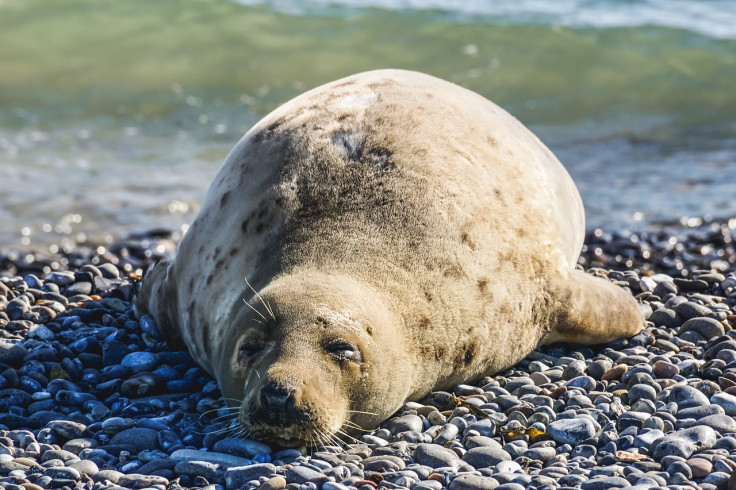Bird Flu Spreads To Seals In Washington; Here's What You Need To Know About H5N1 Avian Influenza

An outbreak of bird flu in harbor seals off the Washington coast has prompted authorities to issue a warning asking people to take precautions and stay away from the sick animals.
Avian Influenza or bird flu is a highly contagious disease that affects wild, as well as domestic birds. Depending on the type of viruses that cause the infection, there are several subvariants such as H5N1, H5N3 and H5N8.
The current H5N1 outbreak has taken the lives of more than 60 million birds and has been circulating in wild birds since January 2022.
Several adult harbor seals in the Puget Sound region in Washington have tested positive for the H5N1 strain since September, according to the National Oceanic and Atmospheric Administration West Coast Region.
"It's really an unprecedented outbreak. The number of countries involved, and the number of different types of animals involved, both birds and mammals, is something we've absolutely never seen before. Although the chances are low that a person in Washington state would become infected, it's still smart to take precautions," Dr. Peter Rabinowitz, a professor of family medicine and director of the UW's Center for One Health Research, said in a news release.
The viral infection normally spreads among birds. However, after an increasing number of cases of H5N1 avian influenza among mammals, WHO raised concern that it may undergo adaptations to infect humans. Some mammals may act as mixing vessels for influenza viruses, leading to more dangerous strains that pose a risk for animals and humans.
The outbreak in mammals has been detected in 10 countries across three continents.
However, the Centers for Disease Control and Prevention (CDC) considers the risk to humans low.
"The overall risk to human health associated with the ongoing outbreaks of highly pathogenic avian influenza A(H5N1) viruses in wild birds and poultry has not changed and remains low at this time," the CDC said on Oct. 5.
How to prevent the spread to humans?
The first step toward prevention is to avoid all contact with sick or dead wildlife. Residents have been requested to report sick or dead wild birds in the area to the Washington Department of Fish and Wildlife.
"When you see a sick wild animal, there is always a potential risk to you if you go up and touch it or get too close to being infected. You should always use a lot of caution, keep away from sick animals, call animal control, and find some way that somebody can deal with it who can use adequate protective equipment. And that's certainly true if you are seeing sick harbor seals or sick seabirds in Washington state," Rabinowitz said.
Published by Medicaldaily.com



























